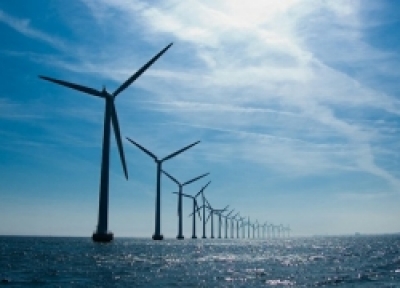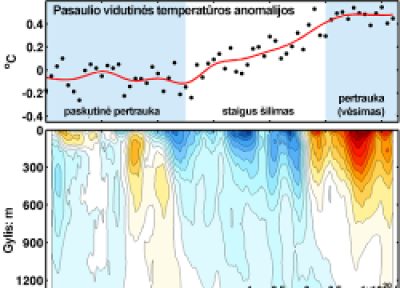Paskelbtas EUREKA programos kvietimas – galimybė tapti matomais bei konkurencingais tarptautiniu mastu
Paskelbus tarptautinės EUREKA programos kvietimą teikti paraiškas pagal priemonę „MTEP rezultatų komercinimas ir tarptautiškumo skatinimas“, Mokslo, inovacijų ir technologijų agentūra (MITA) vėl laukia mokslo-verslo projektų. Bendras kvietimui numatytas finansavimas siekia 1 831 674 eurų, o didžiausia galima finan





